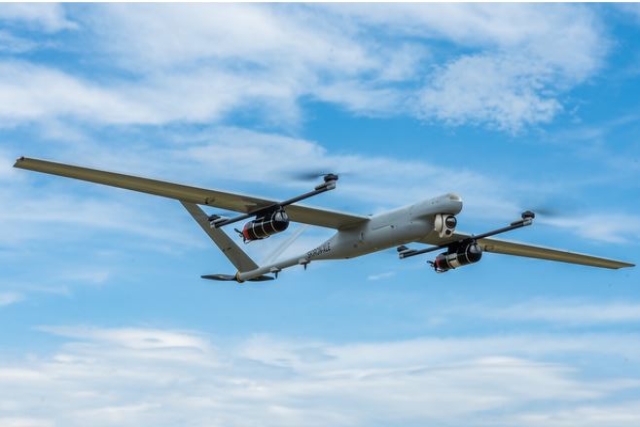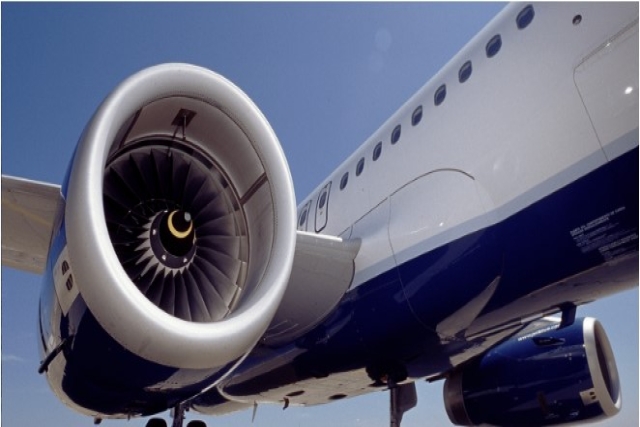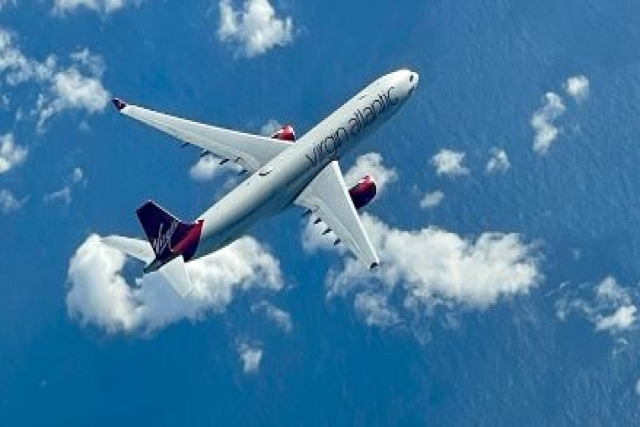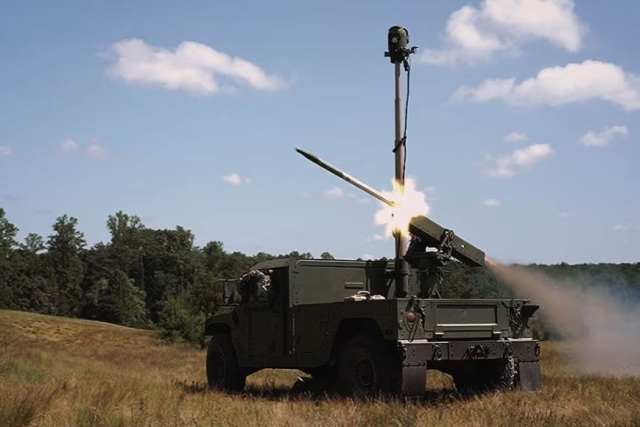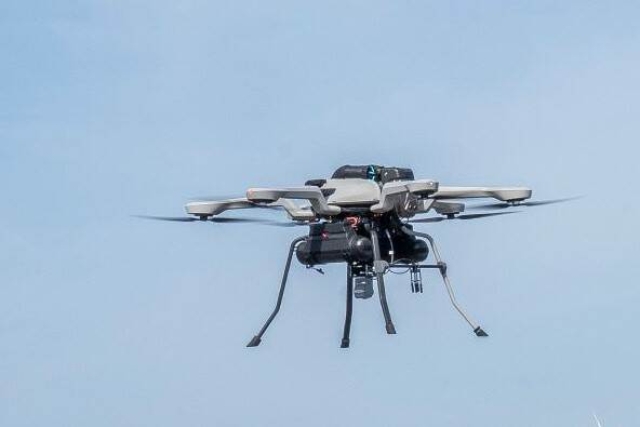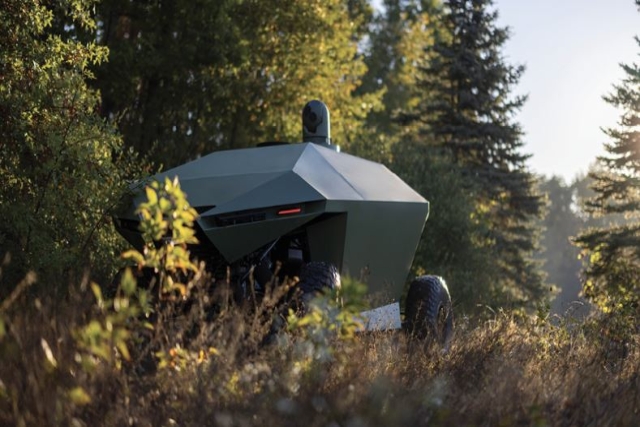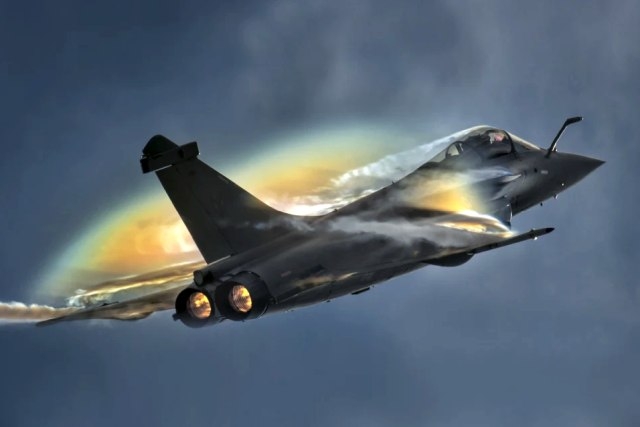Boeing-built Military Aircraft Can Operate on Sustainable Aviation Fuel
Boeing aircraft such as the C-17 Globemaster and F/A-18 have been qualified to fly on sustainable aviation fuel
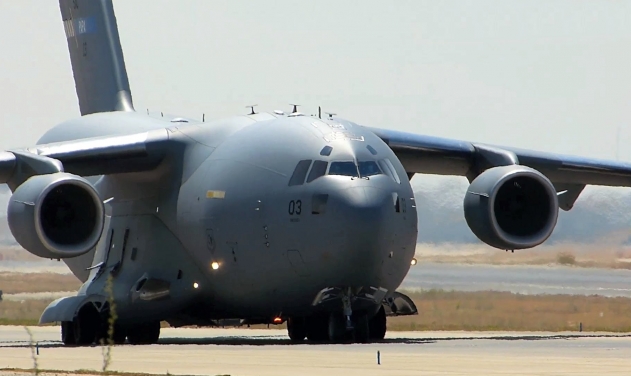
Boeing has released guidance that company-built military aircraft can operate on sustainable aviation fuel (SAF) at currently approved limits of up to 50% blend with conventional fuel.
The guidance, announced on June 20, aims to support global militaries who are evaluating the adoption of SAF into their fleets.
The global No Technical Objection (NTO) states there are no technical issues with Boeing defense aircraft operating on synthetic aviation turbine fuels, which includes SAF. The NTO applies to all Boeing-built defense aircraft and their derivatives.
Said Steve Parker, senior vice president and chief operating officer at Boeing Defense, Space and Security. “We hope this NTO will clear the way for more widespread SAF adoption by our military customers and propel greater alignment between commercial and military fuel standards.”
Unblended, or “neat” SAF, which is totally free of fossil fuels, can reduce lifecycle carbon emissions up to 84% when compared to conventional jet fuel and offers the industry’s largest potential to reduce carbon emissions over the next 30 years in all aviation segments.
Currently, the maximum allowable limits for SAF is a 50-50 blend with conventional fossil fuels.
Said Air Vice-Marshal Shaun Harris, Royal Air Force, Director Support. “As a result of previous work in 2020, the RAF cleared all of its military aircraft for 50% SAF. We have continued to be at the forefront of trailing the use of SAF with the data we have gathered informing the MoD’s Defence Aviation Net Zero Strategy.”
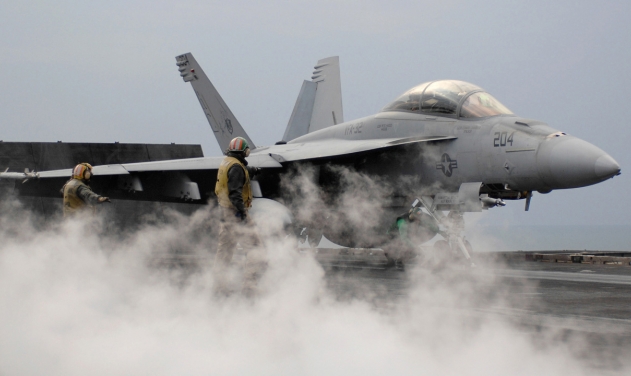
Synthetic aviation turbine fuels are produced through alternative processes from sources other than petroleum. SAF is one category of synthetic fuels and uses recycled carbon from renewable materials like waste oils, municipal solid waste and plant residues.
“All NATO Allies are committed to ensuring secure, resilient, and sustainable energy supplies, including fuel, to Allied military forces,” said James Appathurai, NATO's Deputy Assistant Secretary General for Innovation, Hybrid and Cyber. “SAF will play a key role in the Alliance’s efforts to adapt to the ongoing energy transition while maintaining its military capability, effectiveness, and interoperability. NATO and industry's readiness to increase the uptake of SAF is an important step in this direction.”
SAF is a fully approved fuel source that is interchangeable with conventional fuels such as Jet A or Jet A-1. Additionally, multiple SAFs have been incorporated into military fuels specifications, such as JP-8/NATO F-34 or JP-5/NATO F-44.
In 2010, Boeing collaborated with the U.S. Air Force on an in-depth fuel study as part of their efforts to certify the C-17 Globemaster to use SAF blends. The same year, Boeing also supported the supersonic flight of a U.S. Navy F/A-18F “Green Hornet” on a 50/50 SAF blend.
